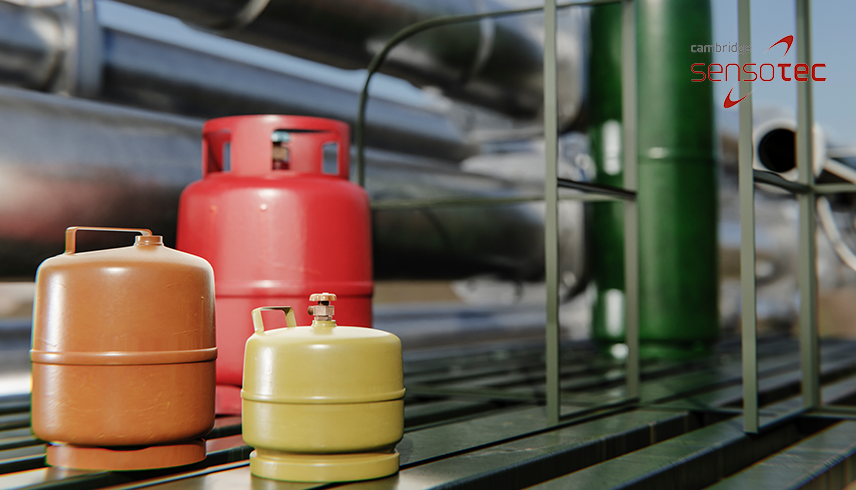

Unveiling the Future of Hydrogen Storage: Gas Analysis for Safety and Efficiency
Introduction:
As the world transitions towards a cleaner and more sustainable energy future, hydrogen emerges as a key player in the realm of energy storage and transportation. However, efficient and safe storage of hydrogen remains a significant challenge. Gas analysis plays a crucial role in ensuring the safety and efficiency of hydrogen storage systems. In this blog post, we delve into the future of hydrogen storage and the indispensable role of gas analysis in optimising safety and efficiency.
Understanding Hydrogen Storage:
Traditional Storage Methods:
Hydrogen can be stored using various methods, including compressed gas cylinders, liquid hydrogen tanks, and solid-state materials such as metal hydrides and carbon-based materials. Each storage method has its advantages and limitations in terms of storage capacity, safety, and energy efficiency.
Emerging Technologies:
In recent years, innovative technologies such as hydrogen fuel cells and hydrogen-based energy storage systems have gained traction as promising alternatives to traditional storage methods. These technologies offer higher energy densities and improved safety compared to conventional storage methods, driving the advancement of hydrogen storage solutions.
The Role of Gas Analysis in Hydrogen Storage:
Ensuring Safety:
Gas analysis plays a critical role in monitoring hydrogen storage systems for potential leaks and ensuring safe operation. By continuously monitoring hydrogen concentration levels and detecting any deviations from normal operating conditions, gas analysers provide early warnings of leaks or system failures, allowing operators to take prompt corrective actions and prevent safety incidents.
Optimising Efficiency:
In addition to safety considerations, gas analysis is instrumental in optimising the efficiency of hydrogen storage systems. By monitoring parameters such as hydrogen purity, moisture content, and impurities, gas analysers help identify inefficiencies and optimize storage conditions to maximise storage capacity and energy efficiency.
Benefits of Gas Analysis in Hydrogen Storage:
Enhanced Safety:
Gas analysis enables early detection of hydrogen leaks and other safety hazards, minimising the risk of accidents and ensuring the safety of personnel and equipment.
Improved Efficiency:
By providing real-time monitoring and analysis of hydrogen storage systems, gas analyzers help optimise storage conditions, maximizing storage capacity and energy efficiency.
Cambridge Sensotec Solutions for Gas Analysis:
Cambridge Sensotec offers a comprehensive range of gas analysis solutions tailored to the unique requirements of hydrogen storage applications. From portable gas analysers for on-site monitoring to laboratory-grade instruments for detailed analysis, our advanced tools provide accurate and reliable data for optimising safety and efficiency in hydrogen storage systems.
Conclusion:
In conclusion, gas analysis plays a pivotal role in unlocking the full potential of hydrogen as a clean and sustainable energy carrier. By ensuring the safety and efficiency of hydrogen storage systems, gas analysers contribute to the advancement of hydrogen technologies and facilitate the transition towards a greener future. With Cambridge Sensotec’s cutting-edge gas analysis solutions, stakeholders in the hydrogen industry can confidently navigate the challenges of hydrogen storage and embrace the opportunities of a hydrogen-powered future.:
For advanced gas analysis solutions tailored to hydrogen storage applications, contact Cambridge Sensotec today. Let us help you optimise the safety and efficiency of your hydrogen storage systems for a cleaner and more sustainable future.


